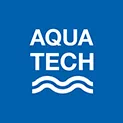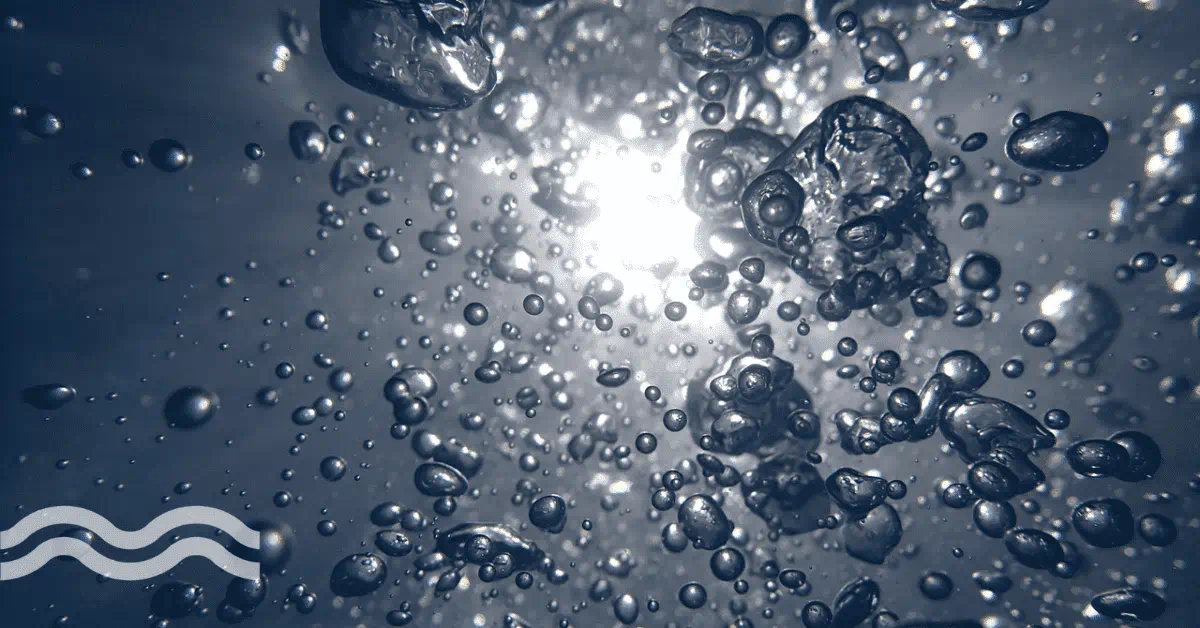Bosch is expanding its business to include water treatment technology, geared towards green hydrogen production that can also contribute to maintaining valuable drinking water reserves.
Global push for decarbonisation
Green hydrogen has emerged as a game-changer in the global push for decarbonisation, offering a clean and efficient energy solution. However, a major hurdle in the green hydrogen production process is the need for pure water, which comes at a cost.
Engineering firm, Bosch, has unveiled a new water treatment system for electrolysis using reverse osmosis processes and ion exchangers to provide ultrapure water for electrolyzers. The company said its systems reduce the feedwater required for electrolysis and can be adapted to produce drinking water in areas where it is scarce.
Green hydrogen - zero-emission fuel
Green hydrogen is gaining traction as a zero-emission fuel that can be used in fuel cells to generate electricity. Traditionally, hydrogen has been obtained from natural gas and coal, which are not sustainable sources. However, with the advent of renewable energy technologies like wind and solar power, the cost of electrolysis, the process that extracts hydrogen from water using electricity, has plummeted.
This situation offers multiple benefits: excess renewable energy from wind farms or solar arrays can be harnessed to produce hydrogen via electrolysis, creating a value-rich environment for investors. Furthermore, by employing electrolysis systems in remote areas with access to water but no grid connections, green hydrogen can be produced on-site and transported by various means like trucks, trains, pipelines, or ships.
Unlike conventional water treatment methods using reverse osmosis, Bosch said its solutions are designed for remote and offshore locations, which taps into the synergy between offshore wind farms and electrolysis systems. Co-locating these systems allows for greater efficiency, as the distance between power generation and utilization is reduced. It also opens up new opportunities for hydrogen production without the need for additional land space.
Seawater as a hydrogen source
While the offshore wind industry is booming globally, researchers have been exploring the potential of extracting hydrogen directly from seawater. Although this technology is still in the early stages, advancements in reverse osmosis systems have lowered the cost of seawater treatment, making it a viable option in the future.
Bosch's new water treatment systems are set to hit the market in 2024.







